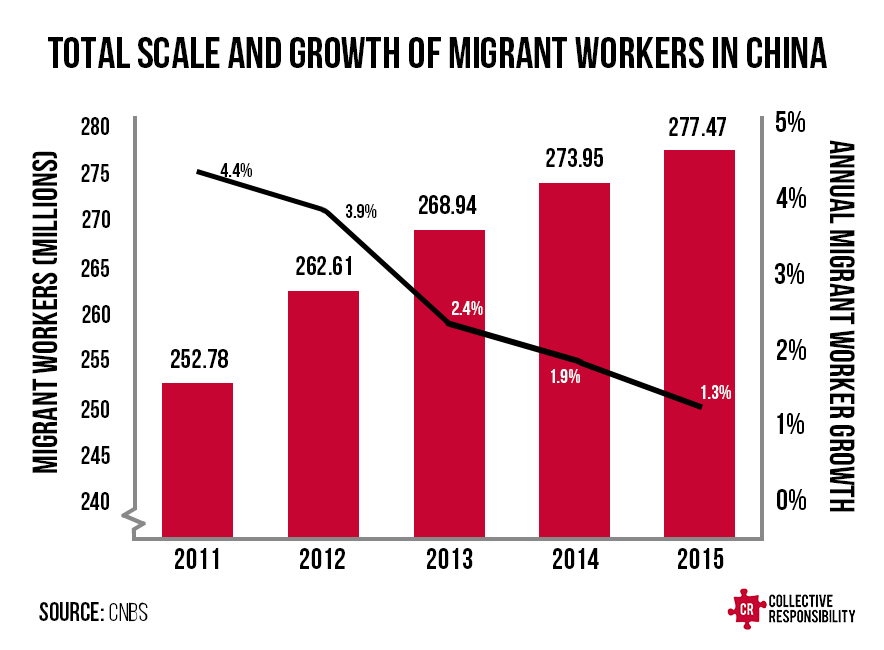
The recent infrastructure bill in the U.S. Given that unemployment is still relatively higher for younger workers, those without a college degree, and those returning from prison, companies can expand their candidate pool by finding ways to tap into these segments.

For that to take place, people need to feel that they are a part of something bigger than themselves. Employees crave connection and a sense of community at work. One fast-scaling company is improving people leadership through training, setting expectations and providing tools for regular employee check-ins, and using data to measure and improve manager effectiveness. Organizations should invest in their leaders’ capabilities and hold them accountable. The strength of the relationship with one’s manager, mentors, and leaders is still one of the strongest predictors of job satisfaction, employee experience, and retention.

Additionally, it equips managers with training to best support changing employee needs while maintaining their own well-being. In an effort to lead in this area, one government organization employs more psychologists than any other company in the world to ensure employees have access to mental health resources. Our research shows that poor health and well-being is a top factor driving employees away-particularly among those leaving without another job lined up. One large retailer seeks to enhance employee experience by emphasizing autonomy, empowering frontline employees to exercise their judgment in customer situations. Organizations should make work more fulfilling by tapping into a sense of purpose, creating meaningful work, and ensuring that employees feel valued by their organization and boss. Our research has shown that a poor employee experience is to blame for much of today’s attrition-particularly among people leaving without another job. Make work more fulfilling and sustainable There are three broad sets of actions organizations should take: Make work more fulfilling and sustainable, improve the employer-employee relationship, and act boldly to entice people back into the workforce and onto your team. Having previously explored which employee groups are leaving, where they are going, and the implications for the labor market, we will turn our attention to what organizations can do about it. With employees taking on non-traditional forms of employment, retiring early, starting their own businesses, or simply choosing to take a break, organizations across sectors are struggling to meet the demand.

December 13, 2021The Great Attrition is brewing a labor shortage unlike any other the U.S.


 0 kommentar(er)
0 kommentar(er)
